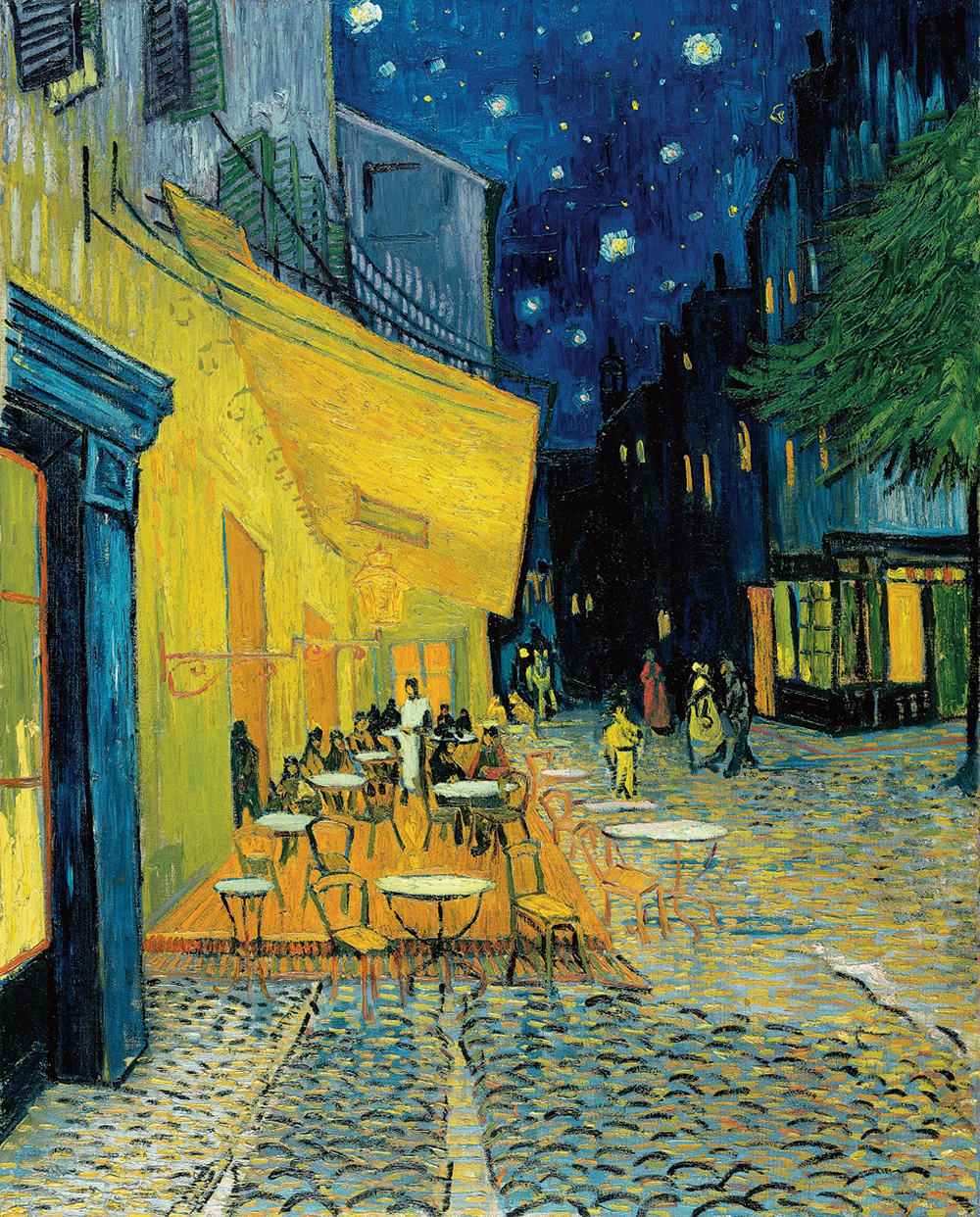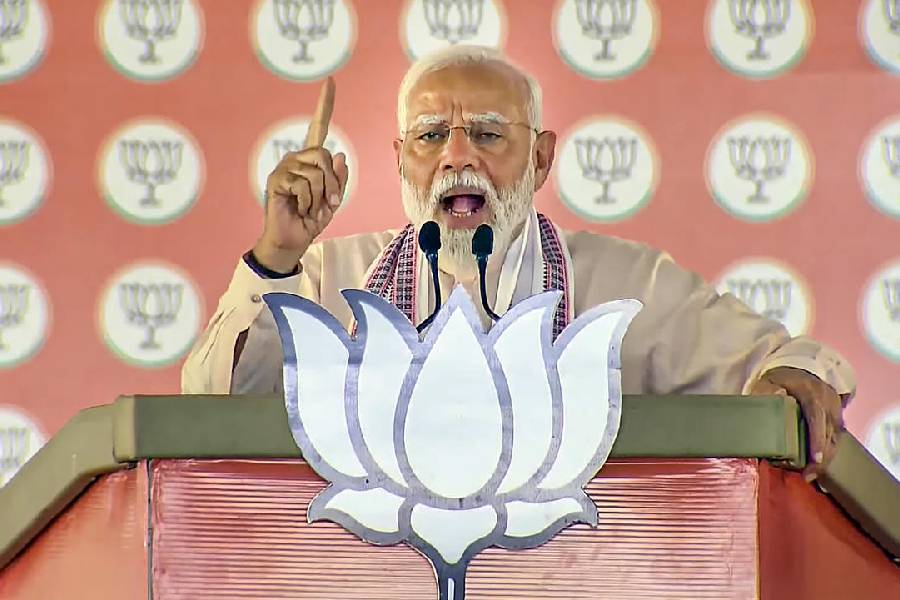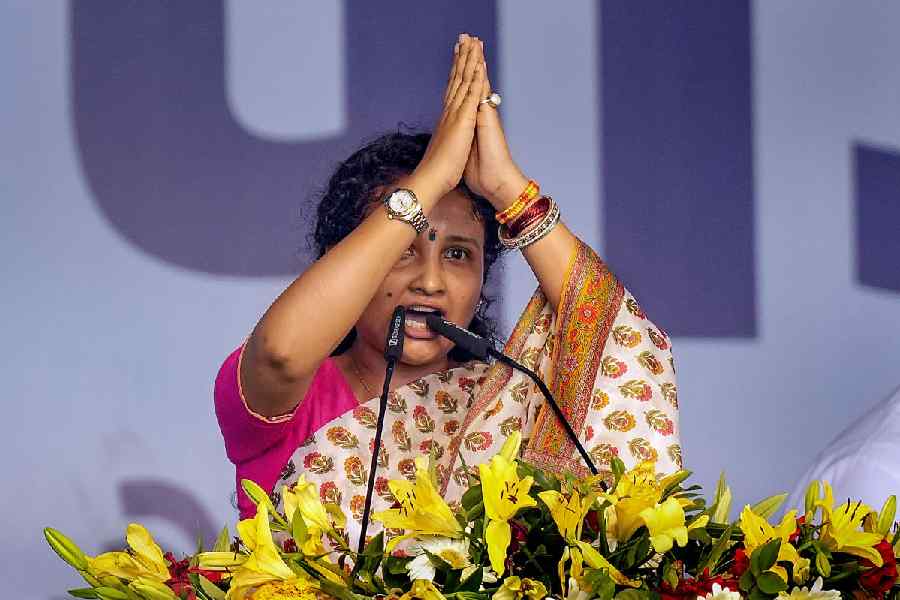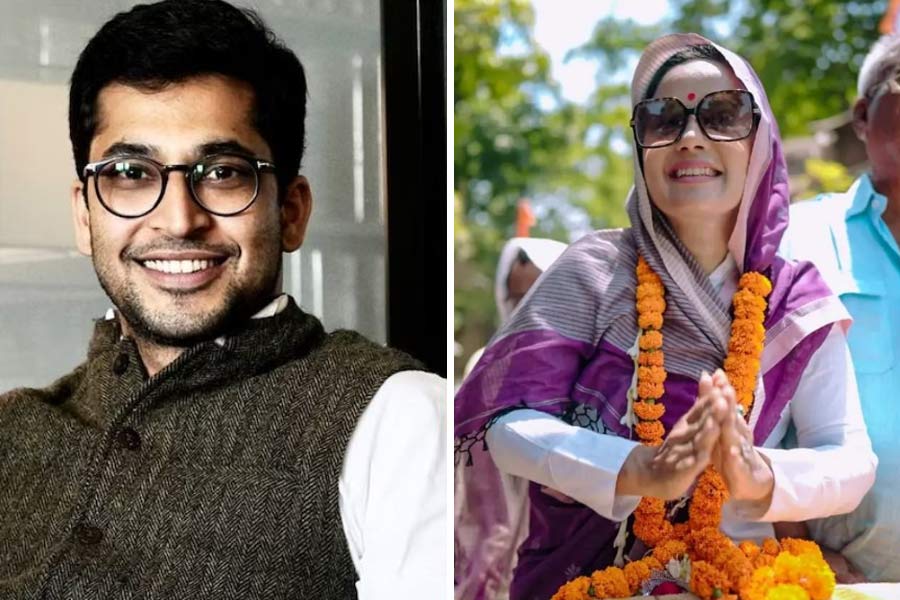Like A Mule Bringing Ice Cream To the Sun
by Sarah Ladipo Manyika; published by Yoda Press
How many contemporary novels have you read recently which has a septuagenarian with an unending enthusiasm for life as its protagonist? I had read none, not this year, until Nigerian writer Sarah Ladipo Manyika’s poignant and nostalgic Like a Mule Bringing Ice Cream to the Sun – a novella about ageing and recollection – came my way. Moraya Da Silva, an urban, independent, well-travelled Nigerian woman of seventy-five suffers a fall, and in the absence of a family, relies on the kindness and company of strangers when her freedom suddenly gets curtailed. Mule is about friendship, longing, and ultimately loss which gives the reader a memorable protagonist who doesn’t let age get in the way of her decisions and desires. Plus she drives around in a vintage Porsche, what’s not to love.
Autumn Light
By Pico Iyer; published by Penguin Random House
There’s a line in Pico Iyer’s meditative Autumn Light where his Japanese wife Hiroko tells him, “Your book, nothing happening?” This sums up the book better than any reviewer in the world ever could. This unevenly paced and deeply personal rumination on grief and mortality is as much about the Japanese culture and way of life as it is about the vacuum and the purposelessness of existence. In this ode to the seasonal delight of Japanese autumn, there are several mentions of films by the great filmmaker Yasujirō Ozu. And much like Ozu’s films, Autumn invites you into the interior lives of Iyer and Hiroko, two contrasting characters full of wit and wisdom who complement each other in a uniquely imperfect way. If Iyer didn’t have such an illustrious writing career behind him I’d have wondered if he’s actually a Murakami character who has sprung to life.
A Stranger Truth
by Ashok Alexander; published by Juggernaut
In 2003 Ashok Alexander left a thriving corporate career at McKinsey & Co. and took on the task of setting up the Bill and Melinda Gates Foundation’s India AIDS Initiative. Under his guidance the Initiative soon became the world’s largest privately sponsored HIV prevention program. When Alexander dived head first into this project, he had very little idea about both HIV and the insurmountable odds he was soon to be up against. But as he navigates his way through the labyrinthine series of obstacles and unfortunate events, we, as readers, not only learn to cheer for him but also become voluntary members of his team accompanying him on his voyage. This is a complex story about India’s public health but at the same time an intimate journey of self-discovery. It’s an odd fusion, but precisely what makes the book all the more enjoyable.
Girl in White Cotton
by Avni Doshi; published by HarperCollins Publishers
Avni Doshi’s Girl in White Cotton unfolds in sparse but delicate prose, telling the story of a young woman’s flailing relationship with her mother who’s slowly forgetting the life she has lived and those who inhabited it. This debut novel which begins with the best opening line I’ve read in years — “I would be lying if I said my mother’s misery has never given me pleasure.” — about a neglected child and an unraveling marriage is both about childhood and ageing, and skillfully brings deception, guilt, forgiveness, love and most significantly memory, all under one small roof – and fearlessly allows them to interact. Antara and Tara, daughter and mother, are stars orbiting in the same galaxy but always moving further away from each other. Every page Doshi writes here has the means to fill you with disquiet, but isn’t that what good art is supposed to do? Comfort the disturbed and disturb the comfortable?
Love without a Story
by Arundhati Subramaniam; published by Context
This collection is really more of a hymn than a book. Every word, every turn of phrase, every corner of it, sings. The first piece begins with Eunice de Souza’s immortal line, “Best to meet in poems”. There’s this nagging feeling in your heart right then that how can anything ever top this. But very soon Subrmaniam envelops you, welcoming you into her world of Bombay apartments, adrak chai, hibiscus silk sari, days and evenings soaked in longing and nostalgia, and even cabbages — setting fire to the Arabian Sea as she goes about marrying myths, metaphors and monsoons without any sign of effort. Each poem is written with such tenderness that they often step out from the pages and reach for your face with a warm hand.
Early Indians
by Tony Joseph; published by Juggernaut
Tony Joseph’s extraordinary book uses not only genetics but also history, linguistics and archaeology to answer the two most pertinent questions about our ancestors: Who are we? And where did we come from? Written in clear, engaging prose this work of science journalism travels 65,000 years into the past but the research never gets in the way of storytelling. Especially at a time like this, when immigrants world over are struggling to find both shelter and identity, Early Indians is essential reading. You won’t be able to put down this book, your grandfather wouldn’t be able to put down this book, his great grandmother and her great great grandfather wouldn’t have been either.
The Anatomy of Hate
by Revati Laul; published by Context
Published in the last month of 2018, but including it on this list because this is a book which deserves and demands to be read and reread several times by every thinking, liberal citizen of this country – especially in today’s political climate. The Anatomy of Hate recreates the horrors of the 2002 Gujarat riots using the accounts of, not the victims, but three perpetrators of the violence. Through Laul’s investigative eyes we peek into the lives of Suresh “Langdo” Jadeja, a man convicted of rape and murder, Dungar, a Bhil tribesman who aided the riots and went on to become an influential politician in his area, and Pranav, a VHP sympathizer who has a change of heart when he begins working with riot-affected Muslims. The three narratives seamlessly intersect and paint a vivid and unforgettable picture of one of the most violent periods of independent India.
The Angel’s Beauty Spots
by K.R. Meera; translated from Malayalam by J. Devika; published by Aleph Book Company
K.R. Meera’s three new novellas translated from Malayalam to English are each exquisite in their own right. I finished reading this dazzling book in one breath. Three powerful stories about women packed into one book, with characters all simmering with angst, compassion and a deep sense of yearning. Each page you’ll read is like a house on fire, every sentence is alive, not a word wasted. And J. Devika deserves a special mention for her excellent translation, which makes these stories come to life.
Milk Teeth
by Amrita Mahale; published by Context
Through a series of flashbacks we meet childhood friends Ira Kamat and Kartik Kini in post-liberalization India and watch their love blossom and unfurl under the decrepit, corrupt, fuliginous Mumbai sky. Mahale’s book is an intricate character study and elegantly observed examination of human relationships. This is a writer’s love letter to her hometown which crackles in parts, but not for a second ceases to be both charming and deliciously readable.
The Aayakudi Murders
by Indra Soundar Rajan; translated from Tamil by Nirmal Rajagopalan, published by Blaft Publications
Blaft Publications, known for their masala-stuffed pulp fiction from the subcontinent, published what’s arguably been my most entertaining read of this year. This ghastly tale of murders and spirit possession involving a damsel in distress, an evil wizard and ancient treasure is a bloody, haunted romp from start to finish. Indra Soundar Rajan whose legendary brand of supernatural thrillers filled with Hitchcock-esque twists and turns has been popular for over thirty years, is in top form here, capturing both the flavour of rural India and mind-bending mystery to great result.
In a year full of surprising and memorable books, the writer picks his favourite books published in the Indian subcontinent below. This is in no way a “Best books of 2019” list, just the ones he enjoyed reading most. Full disclosure: the writer is senior commissioning editor at Simon & Schuster India, naturally no books published by him are on this list.












